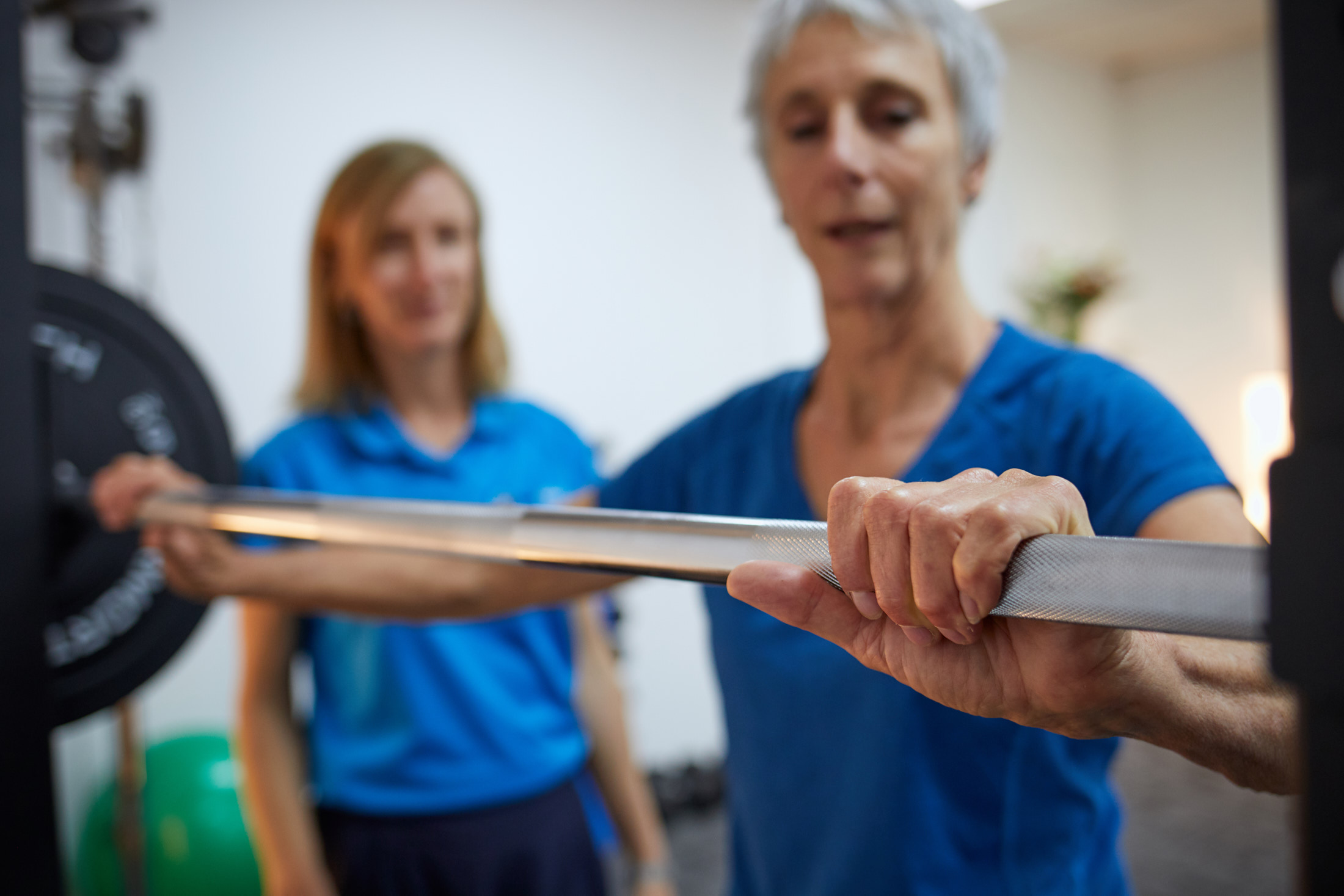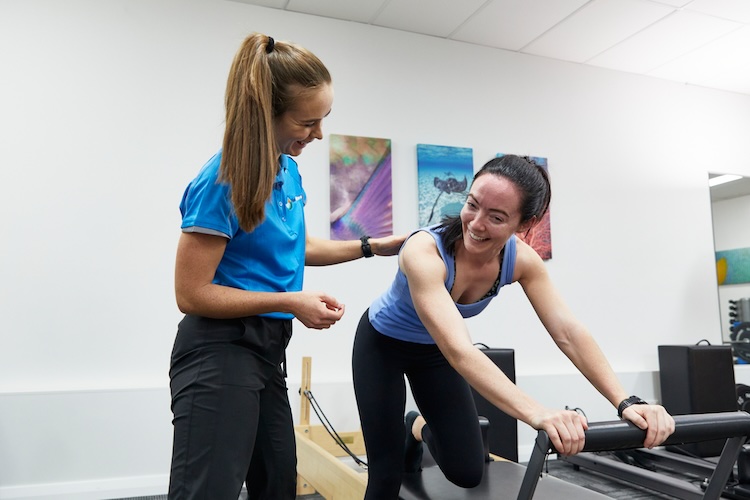Exercise during pregnancy – what is safe and how much is enough?
Ever heard these words “you’re pregnant, you shouldn’t be lifting that” or “here, sit down, you’re pregnant you shouldn’t be on your feet”?
You’ve had the excitement of telling your loved ones that you are expecting and suddenly you’re being weighted on hand and foot. Whilst the help and support is absolutely a welcomed relief, you may be questioning “what is safe for you and your baby now that you are growing a bundle of joy?”.
Guidelines for exercise during pregnancy
In a world where information is at our finger tips, it’s often overwhelming sifting through pages of info wondering what is accurate and what should be taken with a grain of salt.
There are common misconceptions still being thrown around. Things such as “you shouldn’t start anything new” or “keep doing what you were doing before”. Both of these are inaccurate.
Every woman will experience a different journey through out their pregnancy, and whilst it’s certainly not a one-sized fits all approach there are exercise guidelines that women are recommended to follow.
Before embarking in a new exercise regime or continuing with pre-pregnancy exercise it is helpful to have an assessment with a physiotherapist. A women’s health physiotherapist is indicated when you have complications or concerns.
Current exercise guidelines recommended for pregnant women are:
1) Women undertake 150 minutes of moderate-intensity physical activity each week which can be accumulated over a minimum of 3 days
2) Exercises should be a combination of aerobic and resistance training
3) Pelvic floor exercises should be undertaken daily
4) Exercises should be modified as the pregnancy progresses
In saying this, there are some circumstances where exercise for the pregnant women is contraindicated. A women’s health physiotherapist is appropriately qualified to assess your fitness and prescribe safe exercises for yourself and your baby during pregnancy.
If you have concerns or complications it is advisable to also get the all clear from your GP or obstetrician before commencing a new exercise routine.
Benefits of exercise during pregnancy
Exercise strengthens and energises you. During pregnancy the benefits of exercise are invaluable. It helps to lift your mood, maintain your fitness during pregnancy and post natal recovery. And just as importantly, your baby may enjoy a fitter heart, lower BMI and boost in brain health.
Exercise has many benefits to mum and baby including the following:
-
Reduced risk of gestational diabetes Reference
-
Decreased risk of high blood pressure associated with pregnancy (preeclampsia)
-
Decreased postpartum recovery time
-
Decreased risk of low back pain PLUS it reduces the severity of low back pain Reference
-
Decreased risk of urinary incontinence
-
Prevention/improvement of depression symptoms Reference
-
Maintenance of physical fitness
-
Improve sleep
-
Reduce constipation
-
Potentially reduced risk of caesarean delivery
Physiotherapy for Pregnant Women
At Next Wave Therapy we are here to provide you with the most recent up to date evidence to keep you safe during your pregnancy, the post-partum period, and beyond!
Women’s health physiotherapy and Occupational Therapy at Next Wave Therapy is here to help you with your exercise needs. After an initial assessment of your pregnancy health status, we can advise on the best exercise regime for you. This may be home exercises or you may benefit from joining one of our rehab studio classes.
We run semi-private Clinical Pilates based exercise classes with a maximum of 3 people per class. This enables us to provide individualised programs to suit each participant. Classes are health rebatable via your health insurance provider.
Whether your goal is to take a walk around the block, swim pool lengths, workout at the gym or simply stretch in the front lounge room, physiotherapy can help to make it safer, easier and more effective. Exercise helps you to grow a healthy baby. It increases your fitness, boosts mood, improves sleep, promotes an easier labor and a quicker recovery.
Copyright Next Wave Therapy







